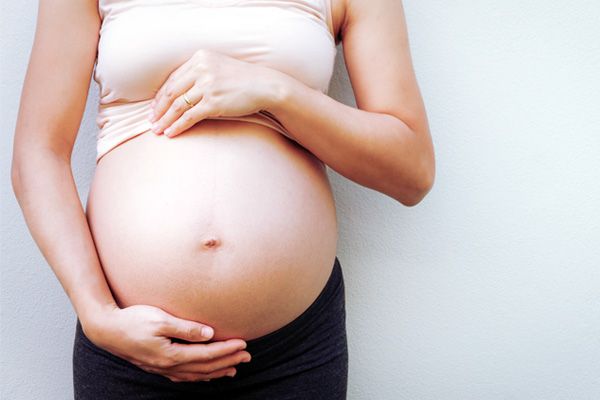

Following a review of screening for GBS in the UK last year a similar study took place in Guernsey and routine screening has since been withdrawn in the island.
Group B Streptococcus (GBS) is a transient bacteria that comes and goes and as such a positive status may change from week to week.
A spokesperson for Health and Social Care said: "Even if someone has been a carrier of GBS in the past does not mean they will be a carrier if they are tested in the future. Indeed, even if a mother has been screened for the bacteria her status may have changed by the time she gives birth."
"In March 2017, the UK National Screening Committee published their review of GBS screening in pregnancy. This included a full analysis of all available evidence and data. The review concluded that a national screening programme i.e. routine screening for the GBS bacteria in pregnant women would not be recommended."
"Guernsey carried out a similar review in September 2017 and decided to withdraw routine GBS screening in pregnancy."
This was based on a number of factors including:
HSC will continue to offer prophylactic antibiotic administration by an infusion drip to mothers, when they are in labour, who:
If any parents have any concerns and would like to discuss this further it is recommended that they contact their midwife.
Comments
Comments on this story express the views of the commentator only, not Bailiwick Publishing. We are unable to guarantee the accuracy of any of those comments.